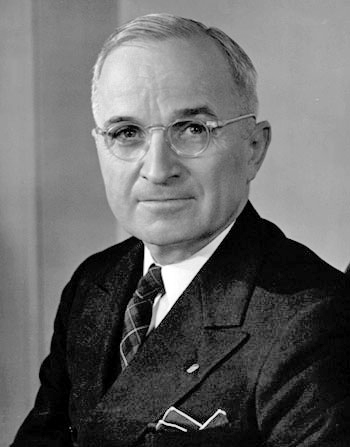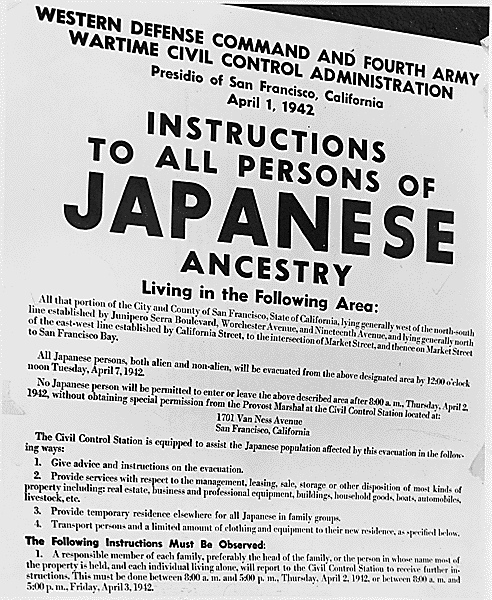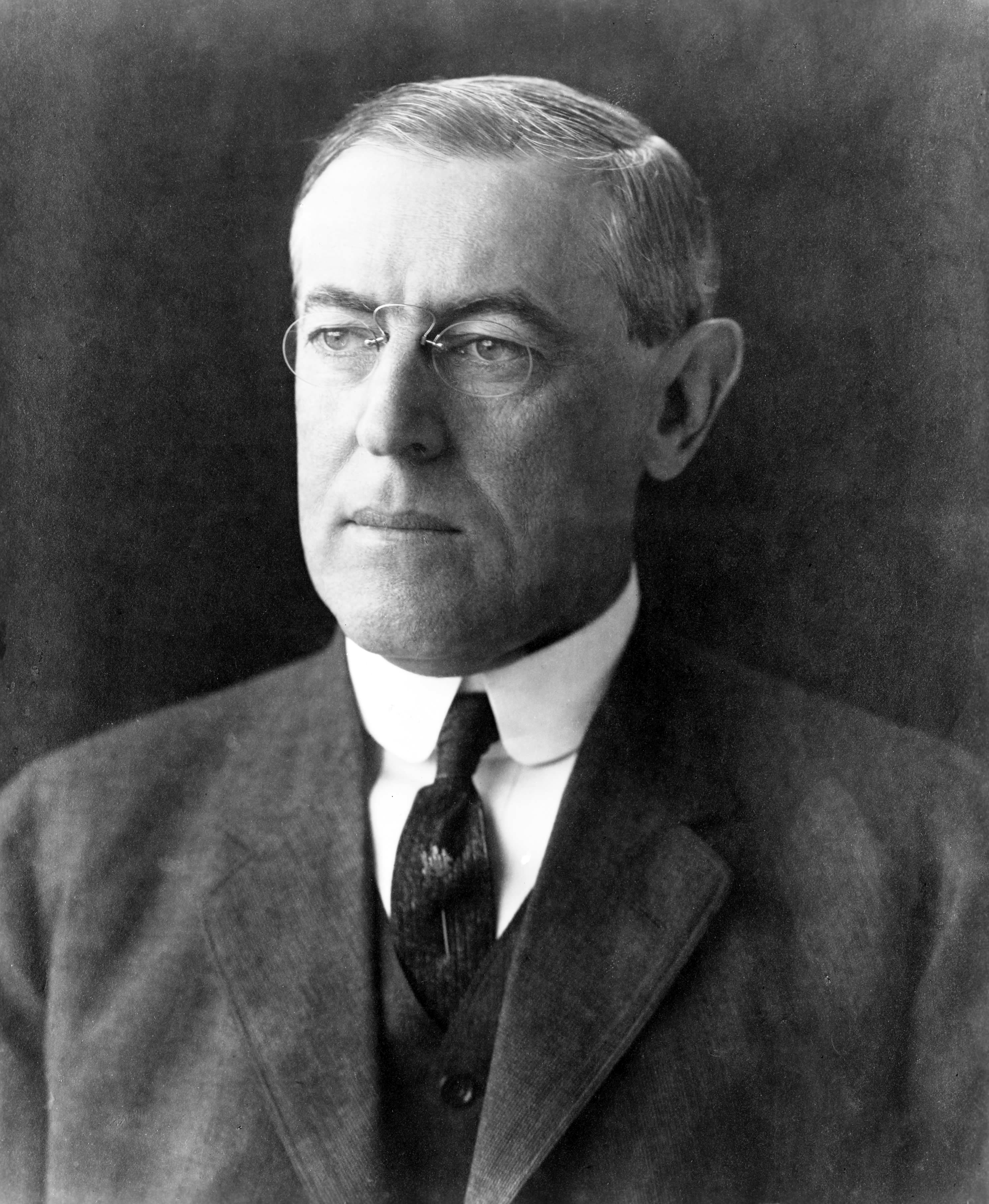The Brown v. Board of Education case had precedents set by the previous Plessy v. Ferguson case. As a result, when the District court ruled against Brown, declaring that the precedent should not be challenged, Brown and the NAACP appealed to the Supreme Court. Because of this, the Supreme Court ruled in favor of Brown, going against the precedent set by the Plessy v. Ferguson case. However, it only outlawed mandatory segregation. Nevertheless, a big step was made for the civil rights movement.
Wednesday, April 6, 2016
Wednesday, March 23, 2016
LAD #36: Truman Doctrine
The Truman Doctrine was addressed by Truman to a joint meeting of Congress. In it, Truman discussed the state of Greece and Turkey after World War II. Truman argued that these nations had turned to the United States for help because the United States was the only one who could provide it. If the United States was to turn these nations away and not provide aid, these countries might fall into the hands of the Soviet Union, spreading communism even further.
Friday, March 11, 2016
LAD #35: FDR's Executive Order #9066
Executive Order #9066 essentially issued the interment of any person of Japanese descent. Although the order itself does not mention anything about the Japanese explicitly, the document makes it clear that the military can create zones of interment where they see fit. During this time period, this meant the Japanese in order to protect "against espionage and against sabotage to national-defense material."
Thursday, March 10, 2016
LAD #34 FDR's Declaration of War
FDR's declaration of war occurred after the attack on Pearl Harbor by Japan. FDR describes that attack as unprecedented and dastardly, in addition to describing it as "a date which will live in infamy." He lists the nations that Japan has attacked, and ends his declaration of war by stating that there is not turning back now, as hostilities do indeed exist that threaten the interests of the United States.
Saturday, March 5, 2016
LAD #33: FDR's First Inaugural Address
FDR discusses in his inaugural address the troubles this nation is facing is thankfully only material. However, he continues on, defining happiness as being not based on money, but on achievement. He states how money-grabbing industries have reeked havoc on the citizens of the United States, and that action must be taken against these problems for the sake of the protection of the citizens of the United States. He lists plans to use the land in a better fashion, put people to work, and to prevent this economic situation from happening again. He then follows that up by stating how the people of the United States are more dependent on each other than ever before, and that people are willing to work together to solve this crisis. The overarching theme of the address seems to be intervention of the government to solve this crisis, and FDR is willing to do whatever it takes to reverse the effects of this depression.
Friday, March 4, 2016
LAD #32: Kellogg Briand Peace Pact
The Kellogg Briand Peace Pact was a pact signed by countries such as the United States, France, and Germany that denounced the use of war as a means of foreign policy. It states that all nations that sign this pact agree to not use war and only use passive means of diplomacy to settle disputes.
Signing of the Pact
Wednesday, February 10, 2016
LAD #31: Wilson's Fourteen Points
Wilson's Fourteen Points was a collection of ideas for the plan after the end of World War I. In it, Wilson addresses the need to keep Russia in the war, as well as addressing needs to lower arms in all countries, a guaranteed freedom of the seas, and a more open style of diplomacy. In addition, Wilson suggests a group of nations that would oversee "mutual guarantees of political independence and territorial integrity."
LAD #30: Schenck vs. US
In the Schenck vs. US case, Charles Schenck spread circulars urging readers to petition to repeal the conscription act. He was arrested for attempting to cause insubordination in the military and was tried to determine whether or not what he said was protected under the first amendment. The Court decided that Schenck was not protected under the first amendment because his speech presented a "clear and present danger", as the country was going to war and this act, which normally would not be punishable, was certainly punishable at that time.
Wednesday, January 20, 2016
LAD #29 Keating-Owen Child Labor Act
The Act laid the foundation for regulating child labor in the United States by banning products made by factories, mines, and other companies that employed children to create their products. The Act took advantage of the federal government's power over interstate trade. However, the act was later deemed unconstitutional as a result of Hammer v. Dagenhart because of the federal government overstepping its bounds when it came to the regulation of interstate trade.
LAD #28 Wilson's First Inaugural
Wilson addresses the good that has come from his age, as well as the evil that has come with that good. He addresses the material growth of the nation, as well as the hardworking citizens that have led to this development. However, he goes on to state how that has come with a price, and a human one at that. He states how it is now our job to cleanse this evil and to fix what we have started.
LAD #27: Clayton Anti-Trust Act
The Clayton Anti-Trust Act added to the already existing Sherman Anti-Trust Act, stating that no company could hold any stock from their company, create a monopoly, or discriminate prices towards different consumers. Concerning stocks, companies cannot own stock in such a way that it decreases competition or restrains commerce in any way.
Monday, January 18, 2016
LAD #26: MLK's 'I have a Dream' Speech
Martin Luther King's speech serves to emphasize that African Americans are not free yet, and that there is still progress to be made. He states that justice must be served, but must be done without violence by meeting "Physical force with soul force." He emphasizes the fact that they will not be satisfied until justice has been met and that progress must be done as a whole. He ends his speech with the repetition of "I have a dream" that we all know.
Saturday, January 9, 2016
LAD #23 - 24: Populists & Cross of Gold Speech
23: The Populist Party's Platform opens up by stating how the country is in a state of corruption and immorality. The populists wish to return the power that is in the hands of the rich and powerful to the "plain people". They then go into a list of demands such as a national currency and an income tax. In addition, they ask that the government regulate the railroads. The party closes by asking for resolutions to problems such as a secret ballot.
24: Given by William Jennings Bryan, the Cross of Gold Speech was given to denounce the gold standard, supporting a system of free silver and bimetallism, in which money would be backed by both gold and silver.
Populists in Kansas Legislature
24: Given by William Jennings Bryan, the Cross of Gold Speech was given to denounce the gold standard, supporting a system of free silver and bimetallism, in which money would be backed by both gold and silver.
LAD #25
The Dawes Act, to put simply, was created to break apart Native American land so that it could be settled, and have the Native Americans assimilate into U.S culture. These Native Americans would receive the same rights as citizens, and they will have equal protection under the law.
LAD #22 McKinley's War Message
McKinley opens his message by stating how the conflict in Cuba/Spain has affected the U.S. The conflict has affected America's trade, and that the conflict originated from several other uprisings in Cuba. However, the conflict has gone long enough that to try and forcibly end the war through further military action would be impractical. Thus, the U.S must interfere, and McKinley states that this intervention is justifiable on the grounds that the Cuban people need protection, that the bloodshed and "barbarities" must come to an end, that the U.S' trade is being affected because of this conflict in Cuba, and, most importantly, that the conflict is so close to the United States that the U.S must intervene, even though we would be going to war with a country that we are at peace with. He ends with the destruction of the Maine, and then stating that the decision is now in Congress' hands.
Subscribe to:
Comments (Atom)







